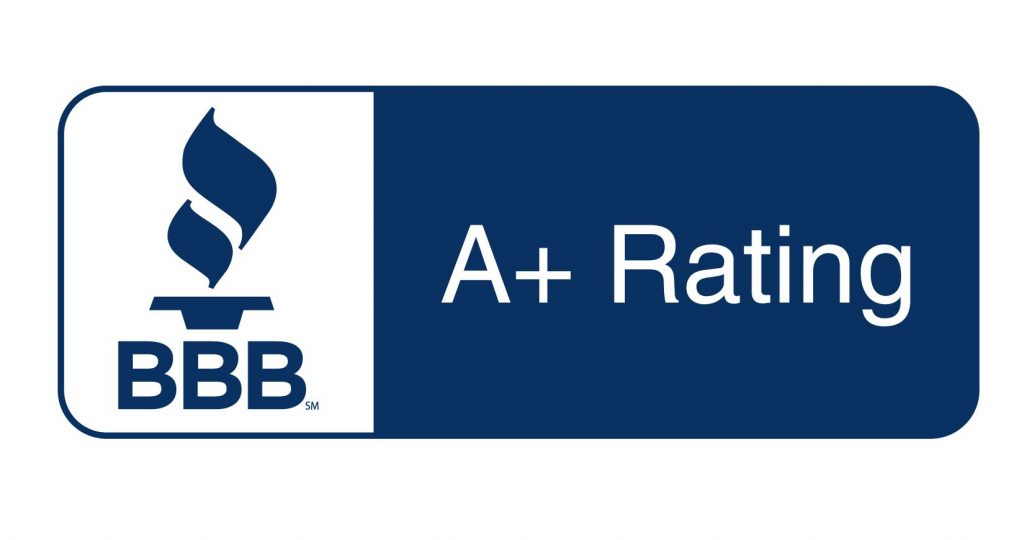Medicare Advantage, also known as Medicare Part C, is an alternative to Original Medicare. Instead of having Parts A and B benefits as separate benefits, Medicare Advantage plans wrap all that coverage into one plan. In most cases, they offer extra benefits. While many Medicare Advantage plans have low (or even $0) premiums, you’re still obligated to pay the Part B premium.
People tend to have very strong opinions about Medicare Advantage plans. You may have heard people tell you that Medicare Advantage plans are bad. But are they? Let’s find out.
The Problem with Medicare Advantage
We already mentioned a couple of great benefits to Medicare Advantage plans. Many people are first attracted to them because of their low cost and extra benefits. For example, many Part C plans include routine dental, vision, and hearing benefits, which you won’t find in Original Medicare. They’ve also got other perks like gym memberships, transportation, meal delivery, and over-the-counter stipends. All those things lure beneficiaries into enrollment. And sometimes, people are happy with the plan. So, what’s the problem?
There are four reasons some people grow to dislike their Medicare Advantage plan. Before we begin, keep in mind that every Medicare Advantage plan is different. Unlike Medigap plans, Medicare Advantage plans aren’t standardized. You’ll have to review each plan’s benefits to get the specifics. However, here are some key disadvantages we often see.
1. Restrictive Networks
Under Original Medicare, you can see any doctor or healthcare provider that accepts Medicare. Since more than 90% of doctors accept Medicare, finding one is almost never a problem. You have lots of freedom to choose which providers you want to see.
Medicare Advantage plans, on the other hand, usually use provider networks. What this means is that you’ll need to find providers who are contracted with your specific Medicare Advantage plan. Going outside of the network will result in higher out-of-pocket costs or, in some cases, no coverage at all. People who live in big cities may not have a problem finding providers within their network. Those living in more rural areas may find this problematic.
2. High Out-of-Pocket Costs
Those low monthly premiums are hard to beat. Almost every beneficiary in the country has access to a $0 Medicare Advantage plan. That does not mean the plan is free. Instead of a larger monthly premium, you pay for services as you need them. Each covered service has a copayment or coinsurance cost associated with it. For example, you may pay $25 every time you see your primary care physician or 20% if you need chemotherapy. All these costs are laid out in the plan’s Evidence of Coverage document.
Out-of-pocket costs can quickly add up and offset the amount of money you saved on a low monthly premium. Instead of enrolling in a Medigap plan with a higher premium but little to no out-of-pocket costs, you could end up paying more as you need treatment.
Fortunately, all Medicare Advantage plans have a maximum out-of-pocket (MOOP), but even that is usually several thousand dollars.
3. Prior Authorizations
If your doctor is telling you not to enroll in Medicare Advantage, this is probably why. To control costs, Medicare Advantage plans use prior authorizations. In many cases, treatment that is more invasive and more expensive will often require you to get a prior authorization before proceeding. Your doctor will have to fill out paperwork and the carrier will then decide whether or not they’ll approve the treatment.
As you can imagine, doctors are frustrated with this. Submitting paperwork takes more of their time, and it delays the treatment you need. There is also the understandable upset of having the insurance carrier dictate treatment.

4. Annual Changes
Lastly, Medicare Advantage plans change frequently. When you enroll in a plan, you should only expect to have those exact benefits for the calendar year. Benefits, costs, and networks may change every January.
During Medicare’s Annual Election Period (October 15 – December 7), you’ll have the opportunity to review any changes to your plan and choose a different plan for the upcoming year. While this is a great opportunity for you to reassess your benefits, it can also feel overwhelming and like a lot of work. You may end up switching plans, and have to change providers due to the network.
Leave Your Medicare Advantage Plan
If you decide you don’t like your Medicare Advantage plan, there are ways to leave it. You won’t be able to disenroll at any time, but you will have at least two opportunities to leave each year.
First, you can disenroll during AEP. During AEP, you have the option to keep your current plan, change to a different Medicare Advantage plan, or move back to Original Medicare. Whatever you decide, your coverage will begin on January 1.
You may have heard some people say that once you enroll in Medicare Advantage, there is no going back. What they mean by that is that you may not be able to enroll in a Medigap plan. Outside of your first enrollment window, you’ll need to be healthy enough to pass medical underwriting if you want a Medigap plan. So, if you’ve enrolled in Medicare Advantage and then decide you want to switch back to Medigap, that may not be an option. However, Medicare Advantage plans do allow for one Trial Right period. If you want to switch back to Medigap within the first 12 months of trying your first Medicare Advantage plan, you can do so without having to go through underwriting.
The second chance you have to disenroll from Medicare Advantage is during the Medicare Advantage Open Enrollment Period. This window of time occurs from January 1 through March 31 and is available to anyone who is already enrolled in Medicare Part C. You are allowed a one-time change during this OEP. You can change to a different Medicare Advantage plan or go back to Medicare Advantage. The same Medigap rules apply.
Talk to an Expert
Deciding whether Medicare Advantage is right for you is a personal choice. Some people love their Medicare Advantage plans, while others hate them. Don’t base your decisions on other people’s opinions. Talk to the experts at Carolina Senior Benefits. We can talk you through all the pros and cons so you can make the decision for yourself.





